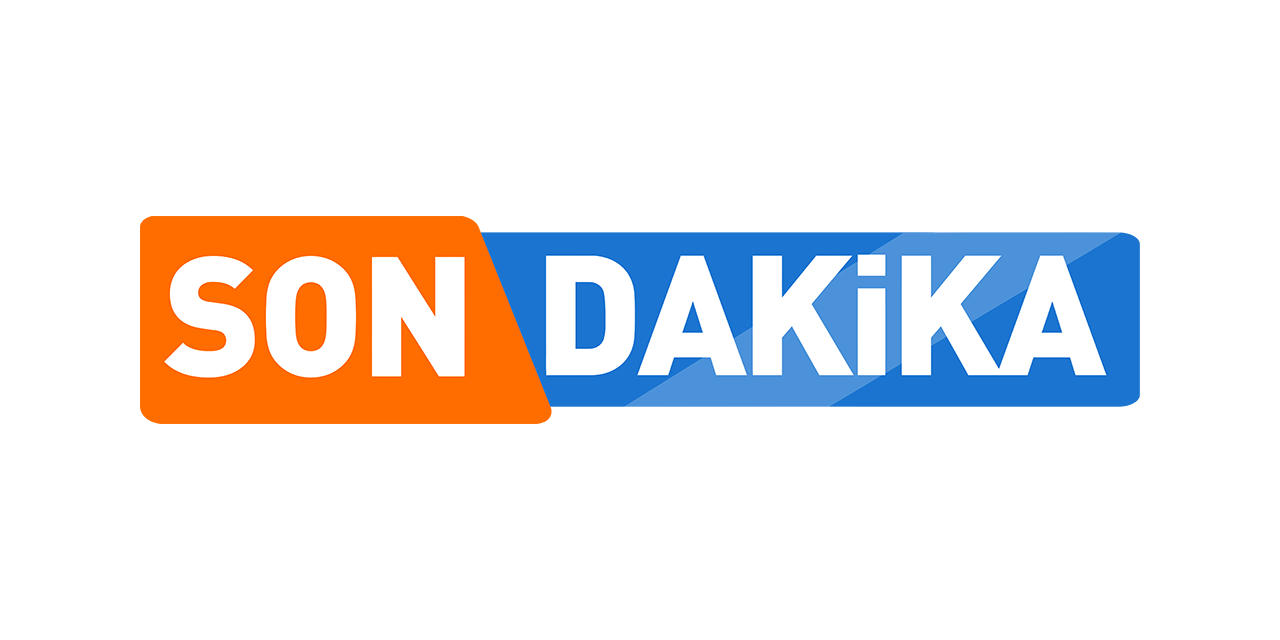Killing Fields survivor struggles to ‘just hang on’ more than a year after Maui wildfires : Maui Now

[ad_1]

Whaler’s Fine Jewelry owner Tien Doan is no stranger to adversity. A survivor of Pol Pot’s “Killing Fields” in Cambodia, Doan lost his Front Street family home to last year’s Lahaina wildfire, along with two vacation rental properties reduced to ashes.
With steep declines in post-wildfire visitor spending, Doan and wife Amy are “just hanging in there,” working 12-hour days, 9 a.m. to 9 p.m., every day, at their Whalers Village store. They have managed to stay in business with grit, determination and help from the Small Business Administration.
Still, the future looks grim. The Doans’ insurance money is running out, and an extended downturn in Maui visitor numbers and spending drains their resources. In the current business climate, the store can go days without making a single sale because budget-minded visitors make up most of the customer foot traffic, according to the Doans.
“We always look ahead, and we think the future can be better,” he said. But “we’ve been losing every day.”
Tien Doan has lived through tough times before.
As a teen in the 1980s, he escaped Communist Vietnam and the Khmer Rouge. He trekked with his brother and cousin hundreds of miles through Vietnam and Cambodia’s war-torn jungles to a refugee camp in Thailand. There, he was imprisoned for three months, subsisting on meager daily rations of two fist-sized balls of rice and rock salt.
In 1990, Doan made his way as a political refugee to Hawaiʻi. He studied English at Honolulu Community College and received a General Education Diploma, better known as a GED. Later, he married Amy. They moved to Maui and established Whaler’s Fine Jewelry on Front Street in 2006, later relocating to Whalers Village in Kāʻanapali.
Fast forward to Aug. 8, 2023. On the day of the Maui wildfires, Doan left his home at 368 Front Street and went to the couple’s jewelry store at Whalers Village at 5 a.m. From home, he could see a power outage had disabled the shopping center’s alarm system. “I worried about the safety of the store,” he said.
As he protected the store’s inventory of jewelry and fine watches from a possible smash-and-grab, strong winds churned up by nearby Hurricane Dora were howling outside. “The wind was like, everywhere,” Doan said. “The thing falling all on the tree; everything, you know, outside, falling, everything falling.”
The shopping mall closed at 1 p.m., and Doan made his way home. Roadways were getting more congested, amid strong gusts of wind. Doan went to one of his vacation rental properties to check in guests.
A short time later, with a wildfire quickly approaching, Doan evacuated his guests and family from Lahaina town. Then, he scrambled back to his house to try to douse it with water, but there was no water pressure.
He tried to reach his store in Kāʻanapali but couldn’t get there with blocked roadways and heavy traffic. Eventually, he went mauka to the Lahaina Bypass where he was reunited with his wife and three children — 18-year-old twins, a boy and girl; and a 10-year-old daughter. Without knowing the fate of their home and other properties, the family slept overnight in their car at the Safeway parking lot off of Hoʻokele Street in Kahului.
It took three days for the Doan family to learn that the wildfire had destroyed everything — their home, two vacation rental businesses and all of their belongings.
A Small Business Administration loan helped the Doans pay lease rents for their Whalers Village store. The resort shopping complex remained closed until October last year. Today, the Doans still have mortgage and other payments for their Lahaina properties. Insurance has helped pay $4,000 per month in rent for a two-bedroom Kāʻanapali condo. Beginning Jan. 1, rent for that unit will rise to $5,000 per month.
For now, they see no choice but to stay in business and hope that visitors come back and start spending again. “This is losing so much money, and then you know we’re not getting younger,” he said.
Last week, the Doans were visited by Francisco Sánchez Jr., associate administrator for SBA’s Office of Disaster Recovery & Resilience.
Sánchez said the SBA wants to help business operators such as the Doans.
“What people don’t know about the SBA is that we’re here to help in disasters,” he said.
The SBA can help businesses that sustained physical damage with refinancing; or, as in the case with the Doans, the federal agency can assist with a business that sustained a disaster-related reduction in sales revenue, Sánchez said.
“We can help with stores like (those in) Whalers Village, (where) what we’re seeing is a reduction in tourism; businesses that may not have been physically impacted are seeing a reduction in sales,” he said. “They’re seeing less revenue, and they’re on the verge of potentially also being victims of the fire.”
In the case of such economic injury cases, the SBA can help with a 4% loan over 30 years, he said. The money can be used for operating and other expenses.
To qualify for such a loan, an applicant needs to show where business revenues were before a disaster, and where they are after, Sánchez said. “It’s a very simple application.”
Normally, funds need to be drawn down in five months, but because the Maui wildfire recovery will take a long time, the SBA has expanded the draw-down time frame to 24 months, he said.
About 60% of declined loan applications happen because there’s no demonstrated ability to repay the loan or there’s an insufficient credit score, Sánchez said. He emphasized that Congress has authorized the SBA to make low-interest loans. “This is not a grant,” he said. “You need to meet a certain financial criteria to apply for the loan.”
For declined loan applications arising from the Maui wildfire disaster, Sánchez said the SBA is going to go the extra mile.
“The people that were declined; we’re gonna go back and see if it is a lack of paperwork; then we’re gonna reach out,” he said. “We got people on the ground (here) . . . that’ll say, ‘Hey, where’s the paperwork? How can we help? You need tax records? We could help you get that from the IRS.’ “
“We’re here to help,” he said.
For information about SBA disaster assistance for homeowners, renters, nonprofits and businesses impacted by the Maui wildfires, visit here. For SBA home and personal property loans, click here.




